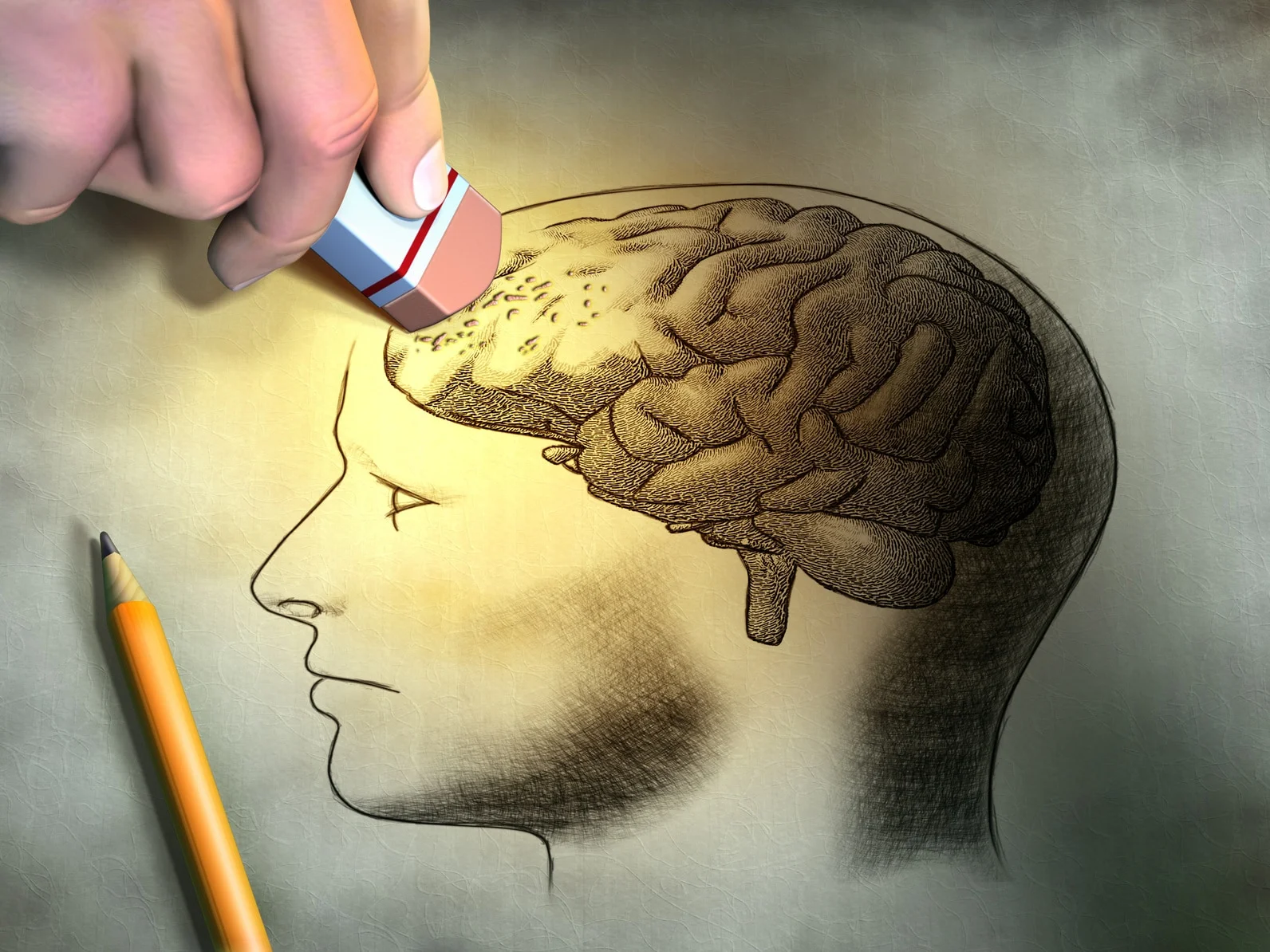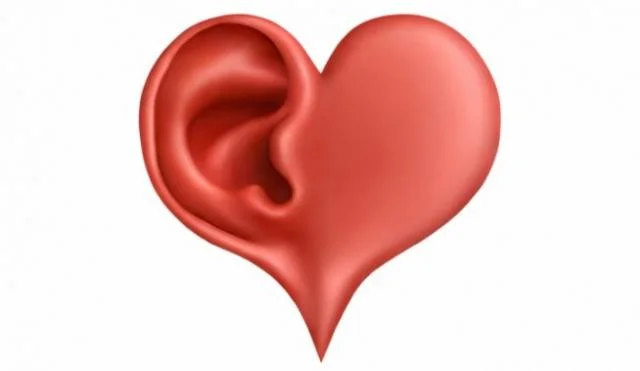Nothing and no one has ever challenged me as much as my dog, Okos. Sure, university statistics were a pain, opening a hotel in Morocco and working in Cambodia were full culture shocks, performing classical piano concerts required endless discipline and skiing off-piste for the first time (and ever since) has me in a quivering fright of tears....but none of that even came close to my state of hopelessness provoked by this puppy.
Ever since childhood I’d always dreamed of having a dog. In 2012 I finally bought my first one, a Magyar Vizsla 8 week-old cuddly brown bundle of fur.
It didn’t take long for my little angel to turn monstrous.
After a marathon of stomach bugs, broken toes, dozens of doctors visits, sleepless nights, dog food protests, and pee-parties directed with impressive accuracy onto every inch of my apartment, I called up the dog breeder: “I can’t do this anymore!”, I pleaded. “This thing is the devil and I demand either a exorcism or a refund.” She responded quietly as she said, “Daniel, it’s only been 3 days.”
In retrospect I wouldn’t have it any other way. I have learned more about patience, responsibility, my own temper, my limits, and my capacity to sacrifice more than I ever could have planned for. It has been a lifetime lesson learning to suppress my assumptions that every disruption was part of Okos’ manipulative plan to test my capacity to lead. Instead, I’ve learned to accept that he has no other agenda than to live in the present moment and enjoy it to the fullest.
In addition, nature has entered my life like never before. Having been warned that this breed requires several hours of walks a day, I was prepared for an outdoor commitment. What I hadn’t expected is how incredible it would be for my body. Walks with Okos through our neighborhood parks are pure meditation: a time to allow thoughts to come and go, to observe details normally overlooked, to interact with strangers and to play and be fresh to the world. Running, biking and swimming with him all allow me to feel the newness of every outdoor encounter in a way unlike ever before. There isn’t a faster way to clear my mind from work than to scavenger hunt, sunset watch or cuddle with him. Afterwards there is a nearly tangible sense of returned energy and vitality in my body.
Of course there are still moments in the middle of a freezing, snowy winter night when the prospect of going outside screams misery. It is especially on those days though that I am caught by surprise: the quietness of the streets, the cast of white shadows all over the parks, and the sweet moist feeling of the air on my skin are as glorious as they are simple. Despite the very messy journey it took to get to this point, such a bundle of gifts have been well worth the time its taken to my finally being able to appreciate them.
--
When I wrote the above entry in my journal back in 2014, I had no idea then how precious those words would feel when reading them today. On March 18, 2021 a sickness in Okos’ lungs ended his life far earlier than I could have ever expected. The pain, shock and mourning have been humbling. The feeling of emptiness without him is constantly present. Like many who experience loss, the obvious realisations about the fragility of life and the futility of expectations are all there. But above and beyond the grief is also a richness and range of emotion that has me feeling alive in ways I hadn’t anticipated. The red thread within me that connects anger to courage to acceptance to love grows thicker and stronger everyday. I realize now more than ever, that Okos has not only connected me to my physical body but also to my emotional and spiritual one. The layers of his presence and impact on me continue to unfold day after day. I see him in rainstorms, in snowflakes, in beams of sunshine and in sudden wind.
Above everything else I’m feeling, I find myself in the deepest state of gratitude. Gratitude for seeing, sensing and feeling the interconnectedness of my body, spirit and world around me. This interconnectedness, which for Okos was just his natural state of being, is one which I’m discovering more each day as a result of him. Thank you for your beautiful gifts, my little friend.




